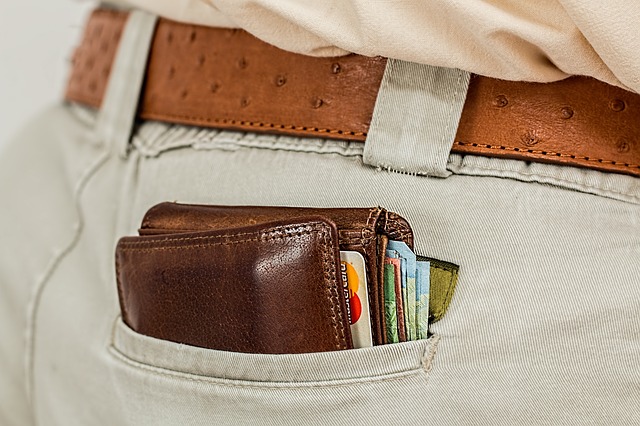Why Being Cashless Benefits SMEs
It’s incredible to think that contactless technology is barely a decade old, particularly given the subsequent growth that we’ve seen in card-based payments. Today, there are around 119 million contactless cards in circulation, while it’s anticipated that all bank-issued cards will feature this technology by the year 2020.
Not only has contactless technology revolutionised commercial payments and changed the behaviour of customers, but it has also encouraged companies to create increasingly cashless business models.
Make no mistake; there’s growing evidence to suggest that being cashless delivers multiple benefits to SMEs, some of which are not immediately obvious. Here are some of the most important:
- Going Cashless will help you to Streamline your Checkout Experience
The modern consumer is increasingly impulsive and impatient, whether they’re shopping online or in a retail outlet.
This assertion is borne out by a number of statistics, with one study by Interparcel.com suggesting that nearly 50% of respondents had become noticeably less patient in the last five years. This growing sense of impatience has impacted on every aspect of life, from buying goods and loading web pages from waiting for a parcel to arrive.
Going cashless has enabled brands to meet the changing expectations of their customers, by creating a streamlined and more efficient checkout process and increasing the range of payment options at their disposal.
As a result, the typical offline shopping experience has improved considerably during the last decade, helping corporeal retailers to remain relevant and compete more aggressively against their burgeoning ecommerce rivals.
- Going Cashless will Reduce Costs and Boost Security
Some of the UK’s long-standing institutions have blazed a trail for private businesses to follow with regards to going cashless, with Transport for London offering a relevant case in point.
This outlet banned the use of cash on its buses back in 2014, with the organisation reporting that the introduction of contactless payments saved an estimated of £24 million in handling costs.
Not only can the elimination of cash help to reduce your operational costs, but it also minimises the risk that your business will bear the brunt of fraudulent activity.
After all, banknotes are untraceable and it’s thought that at least half of the notes in circulation are used for various illegal activities, while last year saw 240,000 counterfeit notes used in retail exchanges throughout the UK.
- Going Cashless helps you to Target Millennials
This year saw the youngest faction of the Millennial demographic turn 18, which in turn established this grouping as the single most influential in the world.
This is having a dramatic impact on the way in which companies sell goods and services, with Millennials attracted to digital wallets, contactless payments and even online bank accounts.
The latter are available through service providers like Think Money, who combine traditional money management tools with advanced budgeting features.
So, by embracing contactless payments and going cashless, you can actively engage the Millennial demographic and target its big-spending customers.

